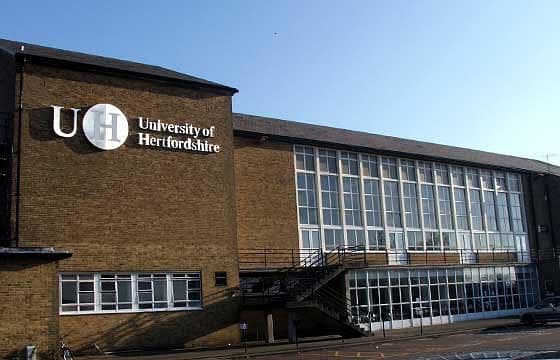

MSc Sustainable Planning and Transport at University of Hertfordshire
Hatfield, United Kingdom
- Tuition Fee £ 16,450
- Country Rank-
- Duration16 Months
- Score IELTS: 6.5 TOEFL: 79
Program Overview
The MSc Sustainable Planning is delivered in the Ebenezer Howard School of Planning, reflecting our unique location in the county which houses the world’s first garden cities and our focus on exploring the contemporary planning implications of this placemaking patrimony. Planning plays a key role to play in improving the condition of life in our towns, cities and rural areas. Towns and cities themselves impact on global sustainability and can play a very influential role in tackling global environmental, social and economic problems.
Cost Of Studying At University of Hertfordshire
Interest rates as low as 8.9% *
250K+
Students Assisted
800Cr+
Loan Amount Disbursed
5000+
Loans Sanctioned
Check Loan Eligibility
Powered by 